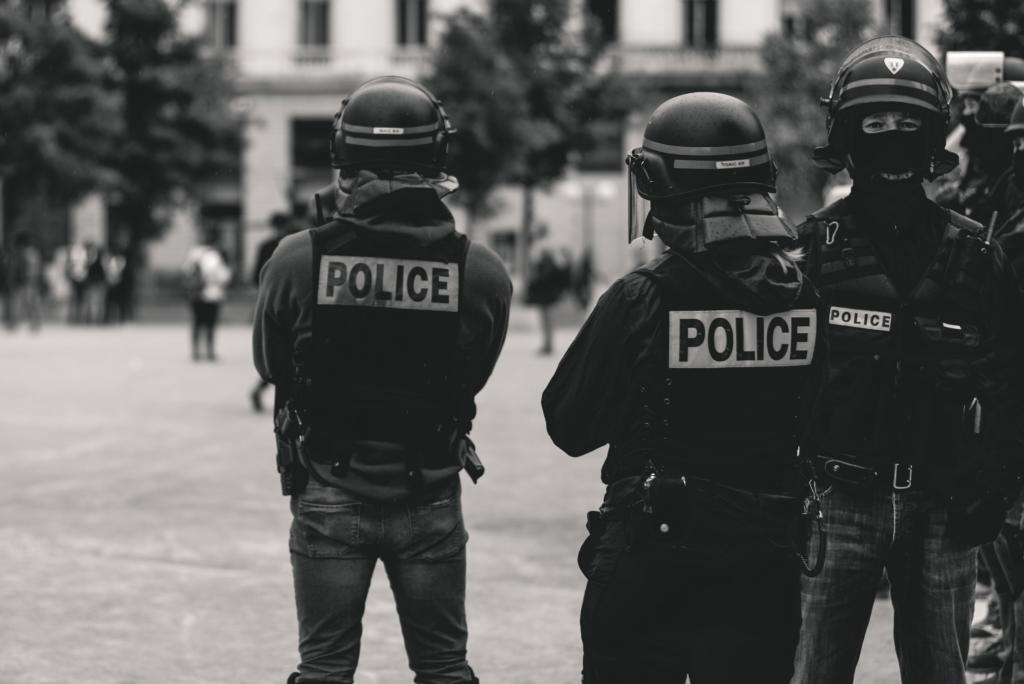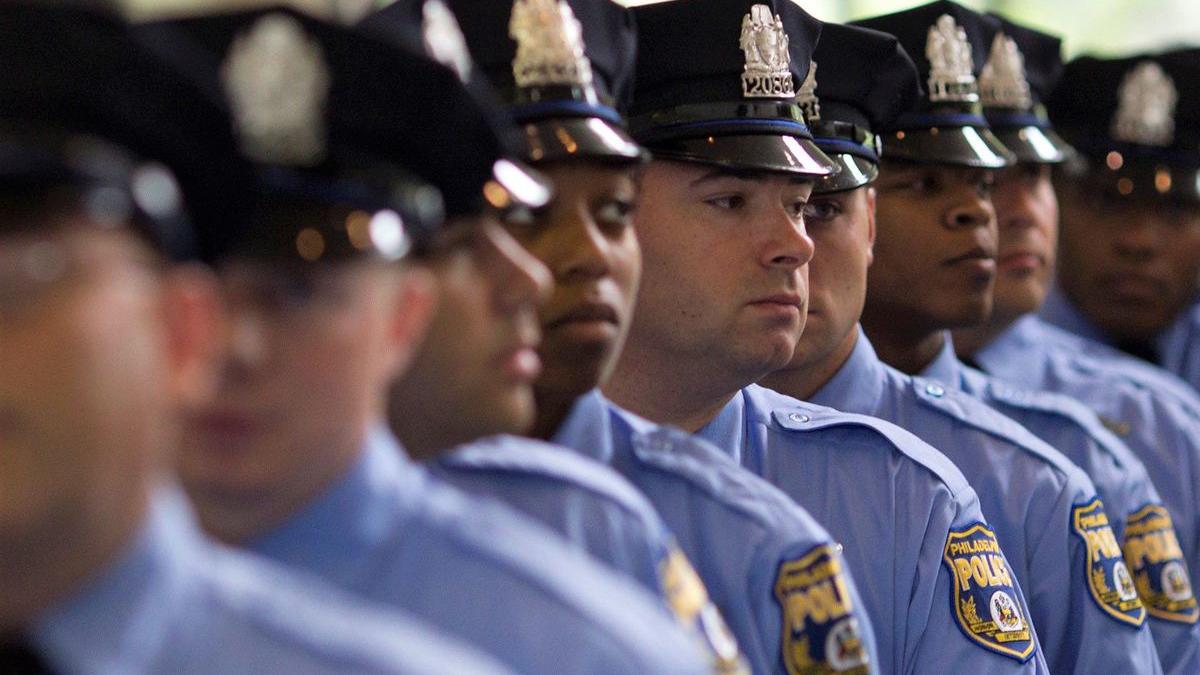This is a tough time to be a cop in Philadelphia.
With the COVID-19 pandemic, police officers are highly susceptible to catching the disease, as they come into close contact with many people while on the job.
Despite a near public lockdown initiated to contain the spread of COVID-19, the police have dealt with an increase in murders, robberies and other crimes. The police have also been called upon to shut down block parties where scores of intoxicated people behaved rashly as if they were immune to the infectious disease.
These past months have also been a contentious time as violent protestors and looters took to the streets to protest the death of George Floyd by Minneapolis police officers and later grievances. Philly cops were berated as they attempted to maintain peace and order. They were attacked physically by angry mobs, looters and vandals. Even worse, as I’ve been told by several cops, is that police officers, rather than the violent offenders, are being prosecuted by the DA’s office.
Cops also tell me that the leadership of the city does not support them. The cops see the city’s political leadership bending over backward to appease rioters and other criminals at the expense of law-abiding residents, business owners, workers, and the police.
I’ve been covering the cops in this city for many years. I’ve been out on the street with patrol officers, detectives and narcotic officers, and I talk and correspond with cops regularly. I’ve interviewed several of the city’s past police commissioners, such as Sylvester Johnson, Charles Ramsey, and the late John Timoney.
To be fair, as I’ve covered the cop’s complaints about police leadership here recently, I reached out to the current commissioner, Danielle M. Outlaw, and requested an interview to get her side. I wanted to ask the commissioner about the city’s climbing murder rate, the civil unrest and violence, and how the police plan to protect businesses and people. I also asked the commissioner to respond to complaints from the largely disgruntled rank and file.

I received an email from the police department’s public affairs office that stated Commissioner Outlaw would not be able to accommodate my interview request. Rather than agreeing to be interviewed and respond to direct questions, the email provided links to the Philadelphia Police Department’s policies and a statement from Commissioner Outlaw addressed to Philadelphians.
One link was to the police department’s Crime Prevention & Violence Reduction Action Plan, which was released this past June.
“Since my appointment as Police Commissioner, the Philadelphia Police Department has launched a progressive Crime Prevention and Violence Reduction Strategy,” Commissioner Outlaw wrote in the introduction to the plan. “This strategy is based on research, a thorough evaluation of current and past strategies, and input from internal and external stakeholders. Our findings illuminate the need to reinforce and expand our current ‘Operation Pinpoint’ strategy by grounding our work in common goals – increase community safety, and enhance this strategic framework to foster effective coloration to reduce violent crime.”
“Cops tell me that the leadership of the city does not support them. The cops see the city’s political leadership bending over backward to appease rioters and other criminals at the expense of law-abiding residents, business owners, workers, and the police.”
The email also provided a link to “Operation Pinpoint,” which states that it combines the most effective elements of the community-oriented and intelligence-led policing models.
“Operation Pinpoint is a multifaceted crime fighting and information sharing strategy designed to identify, collect, analyze, and disseminate information that officers and commanders need to target the worst violent offenders and areas,” the message stated. “Combining ‘hot-spot’ policing, offender focus, problem-solving, and community policing, along with using data, technology, and on-the-ground experience, this strategy “pinpoints” our worst offenders and neighborhood attractors for crime, and operates in conjunction with the community, within our most volatile targeted areas.”
The email did not provide a response from the commissioner regarding the complaints from cops, but in response to my question about her leadership, the email provided the below statement:
“I want you to know that I am committed to three primary goals: (1) crime prevention and reduction; (2) community engagement and inclusion; and (3) organizational excellence. My vision for the Philadelphia Police Department is to continue to be a leader in national best practices while raising the bar on our professionalism and accountability to the people we serve.
“Philly cops were berated as they attempted to maintain peace and order. They were attacked physically by angry mobs, looters and vandals. Even worse, as I’ve been told by several cops, is that police officers, rather than the violent offenders, are being prosecuted by the DA’s office.”
“As the nation’s 4th largest police department, it is crucial that we are introspective and strategic. It is my belief that the crime and violence impacting our communities are not insurmountable. We can turn the tide while enhancing overall community safety with holistic, data-informed strategies that are grounded in enforcement and balanced with compassion.”
As the commissioner and all Philadelphia police officers know, crime, contention and COVID-19 make for tumultuous times in Philadelphia.
Paul Davis’ Crime Beat column appears here each week. He is a Philadelphia writer who has written extensively about organized crime, cybercrime, street crime, white-collar crime, crime fiction, crime prevention, espionage and terrorism.





